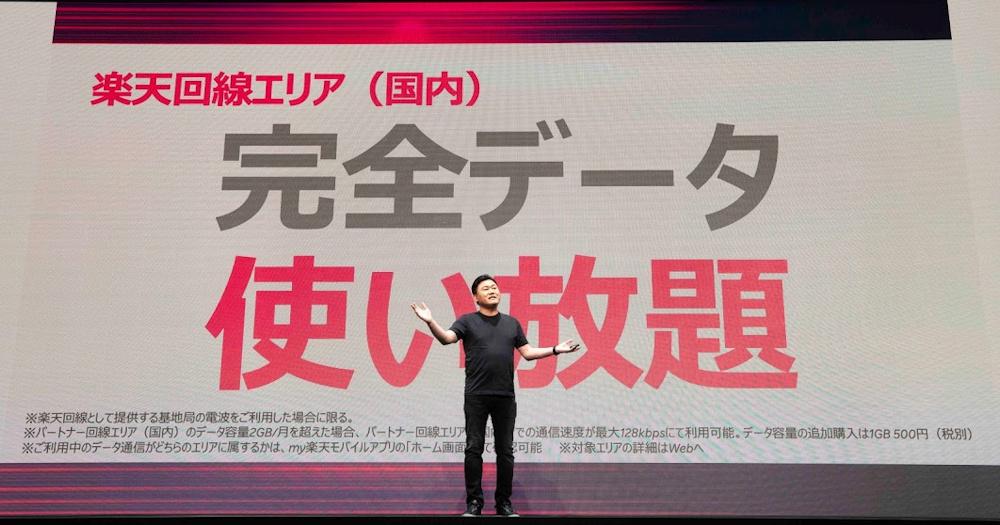Three major mobile companies fire at Rakuten, aiming to review the basic charge of 0 yen with the stack test as an opportunity?
Discussing towards the full-scale introduction of stack tests for mobile phone services has begun at the Ministry of Internal Affairs and Communications expert panel. A stack test refers to a validity check of line rental charges (connection charges and wholesale charges) based on the relationship with user charges. The aim is to verify whether the rate plans of major mobile phones are below the level of line rental rates offered to other companies and cause unfair competition.
Stack testing became a hot topic a year ago. Major mobile phone companies announced price cuts and new charges one after another. The Telecom Services Association MVNO Committee, an industry group composed of MVNOs (virtual mobile network operators) that deal with cheap smartphones, appealed for the implementation of emergency measures, saying that it would be difficult to compete with the current line rental charges. One of them was stack testing.

In preparation for the full-scale operation of the stack test, an expert panel of the Ministry of Internal Affairs and Communications held a public hearing on January 31, 2022. We asked three major mobile phone companies for their opinions on verification targets and verification methods, but surprisingly, Rakuten Mobile was the result of a barrage. Rakuten Mobile should be included in the verification target of the stack test, in addition to the three major mobile phone companies, which are obliged to report and publish connection agreements that stipulate connection charges and connection conditions.
NTT Docomo, KDDI, and Softbank all argued about the strength of Rakuten Mobile's influence. “In recent years, competition has been progressing in the form of competing against Rakuten Mobile’s rate plans. I think it should be done twice," (Softbank). It looked like a "siege network" by the three major mobile phone companies.